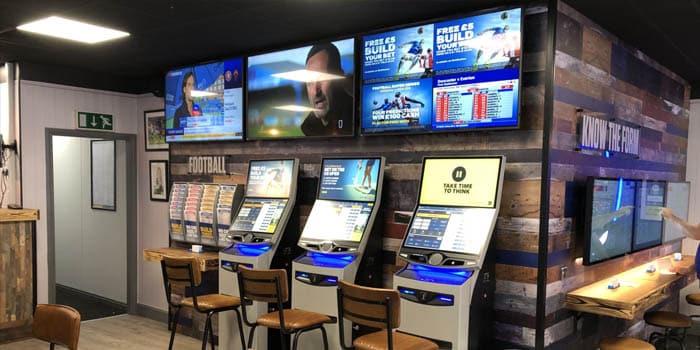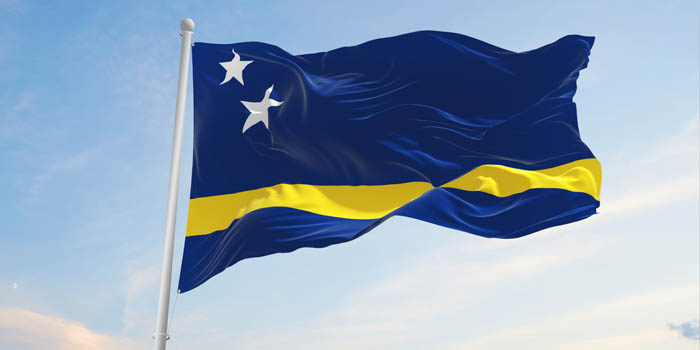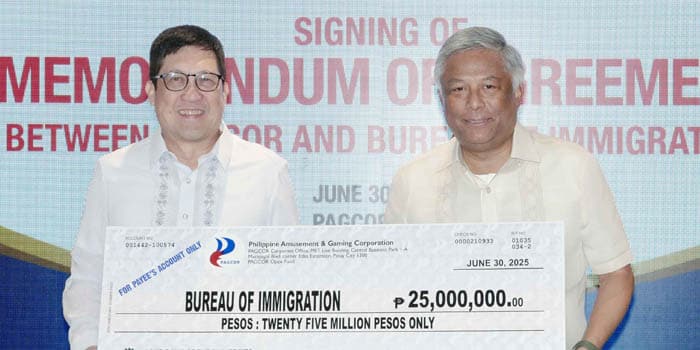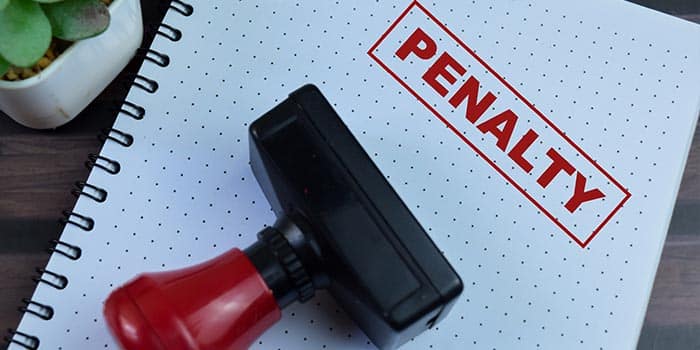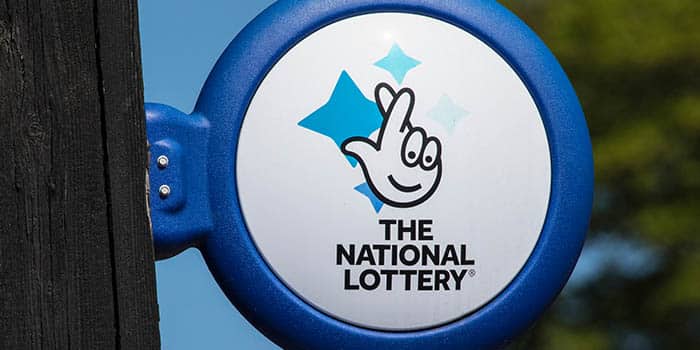- Casino
- By State
- Alabama
- Alaska
- Arizona
- Arkansas
- California
- Colorado
- Connecticut
- Delaware
- Georgia
- Florida
- Hawaii
- Idaho
- Illinois
- Indiana
- Iowa
- Kansas
- Kentucky
- Louisiana
- Maine
- Massachusetts
- Maryland
- Michigan
- Minnesota
- Mississippi
- Missouri
- Montana
- Nebraska
- Nevada
- New Hampshire
- New Jersey
- New Mexico
- New York
- North Carolina
- North Dakota
- Ohio
- Oklahoma
- Oregon
- Pennsylvania
- Rhode Island
- South Carolina
- South Dakota
- Tennessee
- Texas
- Utah
- Vermont
- Virginia
- Washington
- West Virginia
- Wisconsin
- Wyoming
- By State
- Slots
- Poker
- Sports
- Esports
Andrew Rhodes Spoke on the White Paper at the IAGR Conference
Rhodes summarized the goals of the government and provided an insight into the commission’s plans
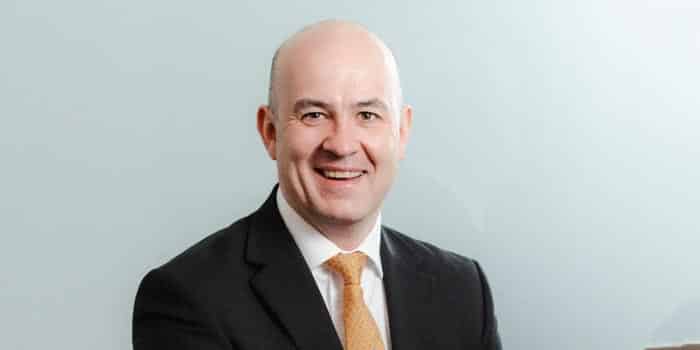
Two days ago, Andrew Rhodes from the UK Gambling Commission (UKGC) spoke at the International Association of Gambling Regulators (IAGR) Conference, explaining the nature of the white paper and the reasoning behind the proposed measures.
Rhodes Highlighted the Regulator’s Values
At the opening of his speech, Rhodes noted that many people in Britain feel very strongly about gambling and that the country has some “exceptionally polarized” lobby groups on both sides of the debate. Amid this heated environment, the UKGC has the tough task of delivering fair but efficient regulatory measures.
Sporting 350 members, the authority continues its work to protect vulnerable people from harm without interfering with those who don’t need any help. The UKGC’s three core principles, set out by Rhodes a year ago, include putting people first, doing the right thing, and delivering regulation that works for everyone.
In line with this philosophy, the UKGC is currently working with GamProtect on delivering Single Customer View – a solution that will make it easier to regulate the market without the need for blanket measures.
Rhodes added that “doing the right thing” means that his team may sometimes have to make difficult decisions, even if some parties are opposed. He noted that certain horseracing-related parties have been very vocal about their opposition to the white paper measures. While Rhodes acknowledged that some measures are going to disgrunt certain parties, he emphasized the priority of properly protecting the consumers.
Rhodes Outlined the Key Priorities for the Government and the UKGC
Rhodes then turned his attention to the white paper, quickly resuming the nature of the document and its importance to the future of gambling in the UK. The paper outlines a number of evidence-based changes that would modernize the local market, aligning the regulations with the digital age.
The key priorities for the government, according to Rhodes, are setting stake limits for online slots, creating an independent ombudsman to help customers who have been treated unfairly, introducing a statutory levy, increasing slot machine allowances for many casinos and providing the UKGC with the funding it needs to make a change.
The UKGC, on the other hand, seeks to moderate bonus offers, set further product controls for safer online games and introduce the controversial affordability checks.
The latter was proposed in the Gambling Act white paper and seeks to protect vulnerable consumers from harm by not allowing them to wager more than they can afford. However, some have expressed concerns that the checks might intrude on their privacy.
The commission is currently discussing the first set of white paper measures, which include the aforementioned checks, as well as age verification, the removal of features that intensify the gameplay and spending and cross-selling.
Rhodes Slammed the Efforts to Misinform the Public
The consultations, however, demonstrated that many consumers do not properly understand the nature of the affordability checks. According to Rhodes, there have been “deliberate efforts” to misinform the public, designed to “muddy the waters of debate and to torpedo the implementation” of the policy.
There is an inherent conflict here. In such a polarized debate, numbers matter and get used by different groups to argue their points, sometimes forcefully. The headline problem gambling rate in Great Britain has been informed by larger scale health surveys, but also by quarterly telephone surveys.
Andrew Rhodes, CEO, UKGC
Because of that, the UKGC is preparing to launch the largest gambling survey of its kind that will collect responses from some 20,000 respondents.
Speaking of misinformation, Rhodes also mentioned that some people faultily say that problem gambling rates are lower than they are in reality. He said that there are a lot of things in British gambling that the industry needs to better understand.
Seeking to fill in the evidence gaps, the UKGC published a three-year evidence gaps paper earlier this year, laying out six priority areas. These included the effect of early gambling experiences and gateway products, the range and variability of gambling experiences, gambling harm, the impact of operator practices, product characteristics, illegal gambling and gambling crime.
Illegal Gambling Remains a Threat
Rhodes commented more on illegal gambling, saying that the UKGC is increasingly focused on tackling the issue. He also commented on the varying rules between different markets and how illegal gambling can be a lesser or greater issue, depending on a market’s specific rulesets and context.
In Great Britain, we do have by international standards a liberal marketplace with high levels of channelization, reported at 97.6 percent. Whilst this may sometimes cause other issues, what it has meant is that whilst the illegal online market exists in Great Britain as it does elsewhere, it is not a significant concern and this position hasn’t fundamentally changed. However, that does not mean there is no illegal market or no risk.
Andrew Rhodes, CEO, UKGC
Rhodes added that the UKGC is committed to disrupting the operations of illegal operators by increasing the engagement it has with payment providers and financial institutions, working with ISPs and software licensees and engaging with licensed operators whose affiliates have placed adverts on illegal sites.
Thanks to its efforts, the UKGC has managed to increase its enforcement action, more than doubling the number of successful positive disruption outcomes. In addition, it intervened with social media, closing hundreds of illegal officers and preventing celebrities from promoting unlicensed products.
The operator’s focused action also helped it identify numerous illegal websites, ensuring that they are not available to British consumers. As a result, the top 10 illegal domains have now been geo-blocked. The British market has thus seen a 46% reduction in traffic to the largest illegal sites.
Rhodes said that the war on illegal gambling is a constant effort since illegal operators tend to “phoenix” after getting blocked.
In the meantime, the UKGC will also continue its communication with the largest legal operators, tapping into their expertise and taking their opinions in mind when taking action against illegal gambling.
Rhodes concluded that the UKGC is now seeking collaboration with regulatory bodies in other markets. This was further commented on by Tim Miller at G2E, where he also revealed that the UKGC is close to signing Memoranda of Understanding with certain US regulators.
Related Topics:
Angel has a passion for all forms of writing, be it fiction or nonfiction. His curious nature gives him an ace up his sleeve when researching a new topic. Angel’s thirst for knowledge, paired with adaptability, always helps him find his way around.
Must Read
Industry
June 27, 2025
Las Vegas Sphere Bashed for Charging $170 for Pizza
More Articles



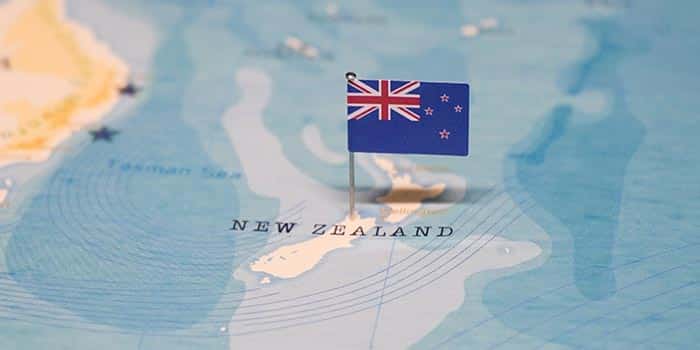
Industry
June 30, 2025
New Zealand Presses On with iGaming Legislation

Casino
June 30, 2025
Vietnam Greenlights $2B Van Don Casino Resort
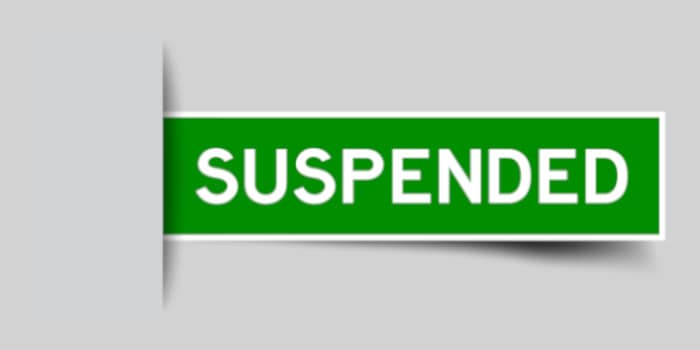
Casino
June 30, 2025
Hard Rock Executive Under Fire Due to Alleged Misdeeds








